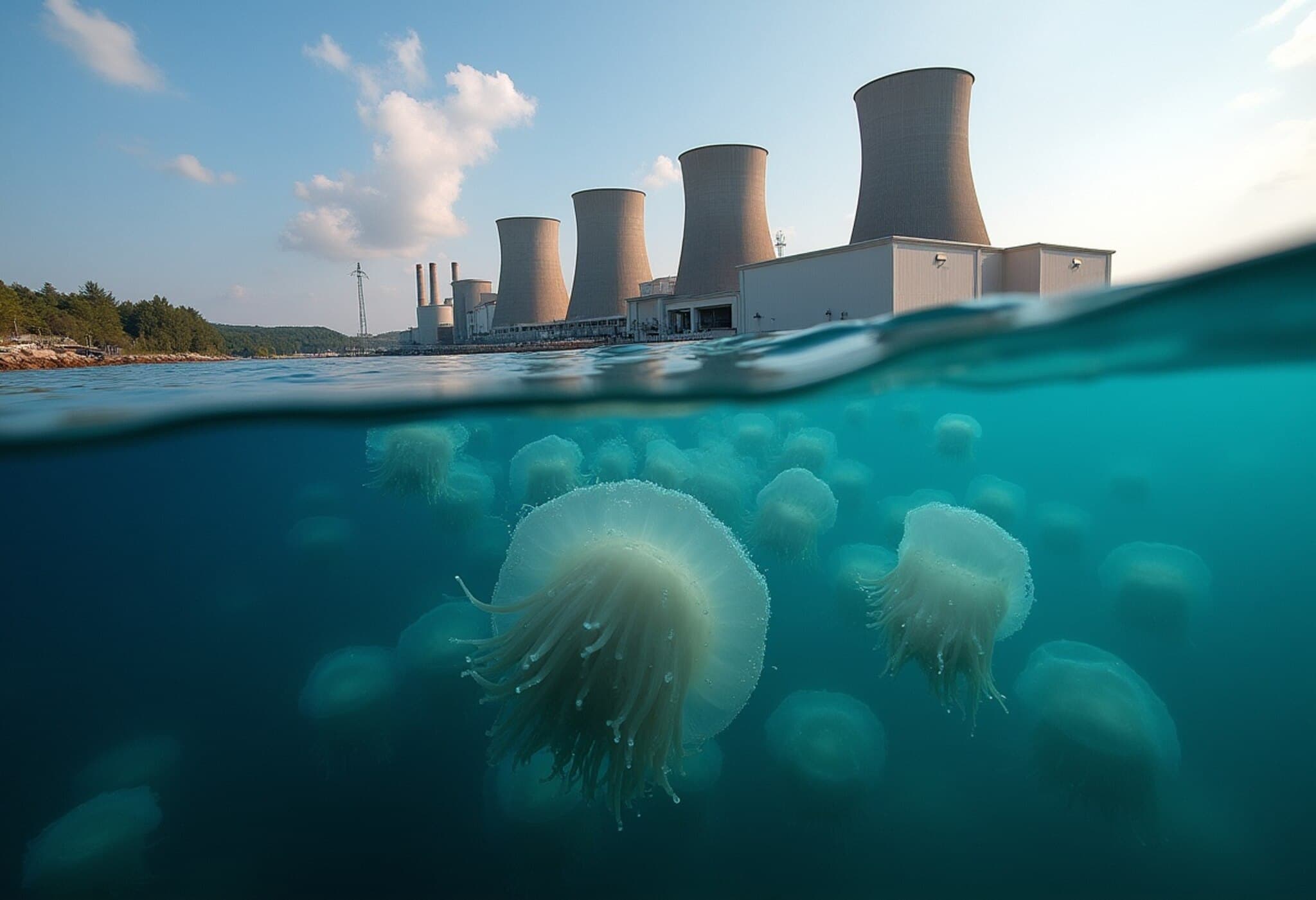BP Surpasses Profit Expectations Bolstered by New Exploration Success
In a much-needed boost, British energy powerhouse BP announced an underlying net profit of $2.35 billion for the second quarter of 2025, significantly outpacing analyst predictions of $1.81 billion. This robust performance marks a promising turnaround amid ongoing challenges and investor skepticism about the company’s future.
CEO Murray Auchincloss Highlights Promising Exploration Discoveries
BP’s CEO, Murray Auchincloss, expressed optimism following the firm’s recent discovery in Brazil’s Santos Basin—a region that has become a hotspot for international oil exploration. The newly confirmed find in the Bumerangue block, located roughly 400 kilometers from Rio de Janeiro, is BP’s tenth discovery this year and is currently undergoing testing to gauge its commercial viability.
"Inside the upstream segment, we've had tremendous performance, with record operating efficiencies and the initiation of five major projects," Auchincloss told CNBC, emphasizing how these developments are poised to expand BP’s production capacity and cash flow generation.
The Strategic Reset: Prioritizing Fossil Fuels and Operational Efficiency
After years of underwhelming performance relative to its peers, BP has embarked on a fundamental strategic shift. The company is dialing back its investments in renewables, instead focusing on optimizing fossil fuel production and driving down costs. This pivot reflects a growing recognition of the near-term role that hydrocarbons will continue to play in meeting global energy demand.
- Operating efficiency improvements have been a key driver.
- BP has launched new projects to enhance output.
- Cost-reduction programs aim to trim billions from expenditures.
These efforts have also led BP to raise its quarterly dividend to 8.32 cents per share and maintain a $750 million share buyback initiative, signaling confidence in sustained cash flow growth and a commitment to shareholder returns.
Market Reaction and Shareholder Sentiment
BP's shares rose by approximately 2.7% during morning trading following the earnings release, reflecting investor enthusiasm about the company’s improved fundamentals and forward prospects.
Amid Takeover Rumors, BP Focuses on Organic Growth
Lately, speculation has swirled around BP’s potential as a takeover target, with domestic rival Shell quickly dismissing any offer intentions. Meanwhile, other major players such as UAE’s ADNOC, ExxonMobil, and Chevron have been floated as possible suitors.
Asked directly about merger interest, Auchincloss reaffirmed BP's focus on organic growth as the formula for long-term shareholder value: "That's what is going to drive the share price up for shareholders."
Expert Perspective: A Turning Point or Temporary Upswing?
Maurizio Carulli, a global energy analyst at Quilter Cheviot, pointed out that this quarter might mark a significant inflection, noting, "BP’s first positive quarterly earnings in a long time, especially amid a softer oil price backdrop, suggest the management’s reset strategy is starting to take hold." He also underlined that sustained results could quell ongoing takeover rumors and stabilize BP’s market narrative.
Ongoing Asset and Cost Review to Sharpen Competitive Edge
BP is also poised to deepen its asset portfolio review to identify further efficiency gains and streamline operations. This comes as Albert Manifold prepares to join the board and assume chairmanship later this year—an appointment expected to bring additional strategic rigor.
Auchincloss highlighted past cost-cutting successes, referencing a 25% cut in 2020 followed by an ongoing plan targeting another 20% reduction, aiming to position BP in the top quartile of industry efficiency.
However, he acknowledged there is more ground to cover: "We need to keep driving safely to be the very best in the sector. That’s why we’re focused on another review to try to drive us toward best in class inside the sector."
Financial Health and Future Outlook
BP's net debt shrank slightly to $26.04 billion at quarter-end, down from nearly $27 billion earlier this year, reflecting disciplined financial management amidst market volatility.
The company’s renewed emphasis on upstream growth, coupled with disciplined cost controls and shareholder-friendly capital allocation, positions it well to navigate the complex energy transition landscape while still delivering value.
Editor’s Note
BP’s recent performance and discoveries highlight the delicate balancing act facing traditional energy giants: accelerating returns from proven fossil fuel assets while grappling with mounting pressure to evolve sustainably. This quarter’s results inject fresh momentum but also raise substantive questions about the trajectory of BP’s energy transition strategy and its role in a rapidly shifting global energy market. Industry watchers and investors alike will be watching closely to see if BP can sustain this momentum without losing sight of environmental and regulatory challenges ahead.










